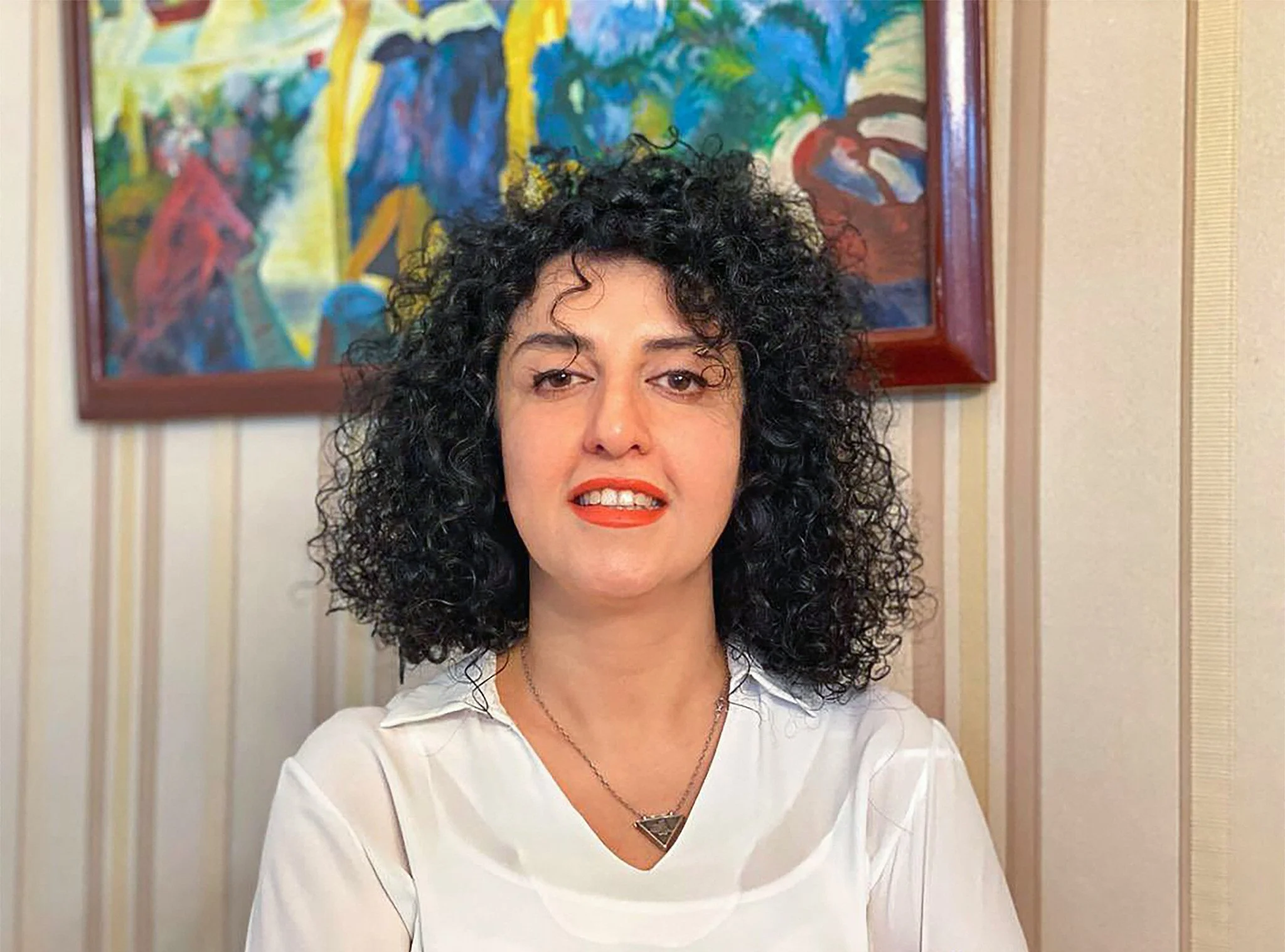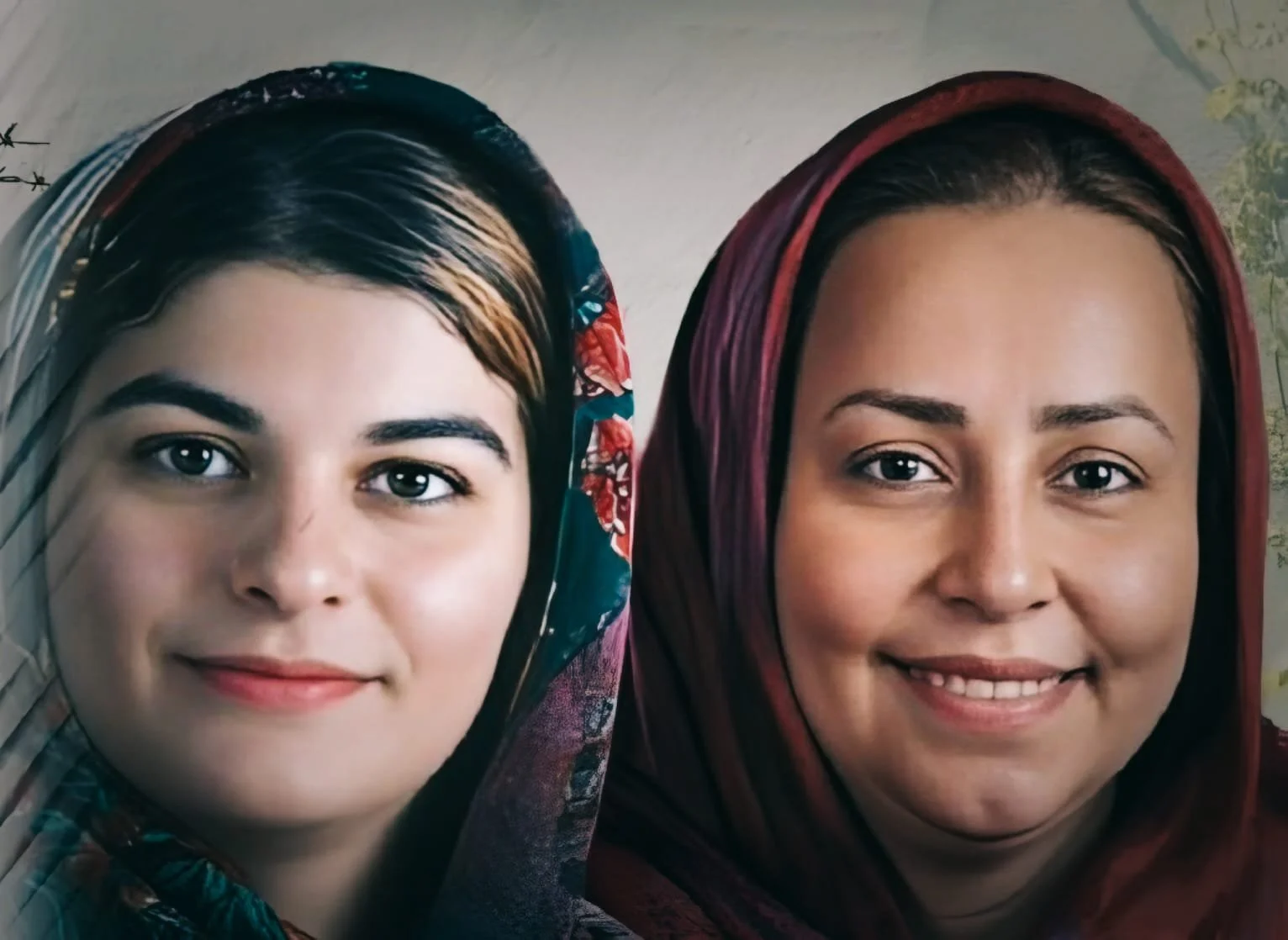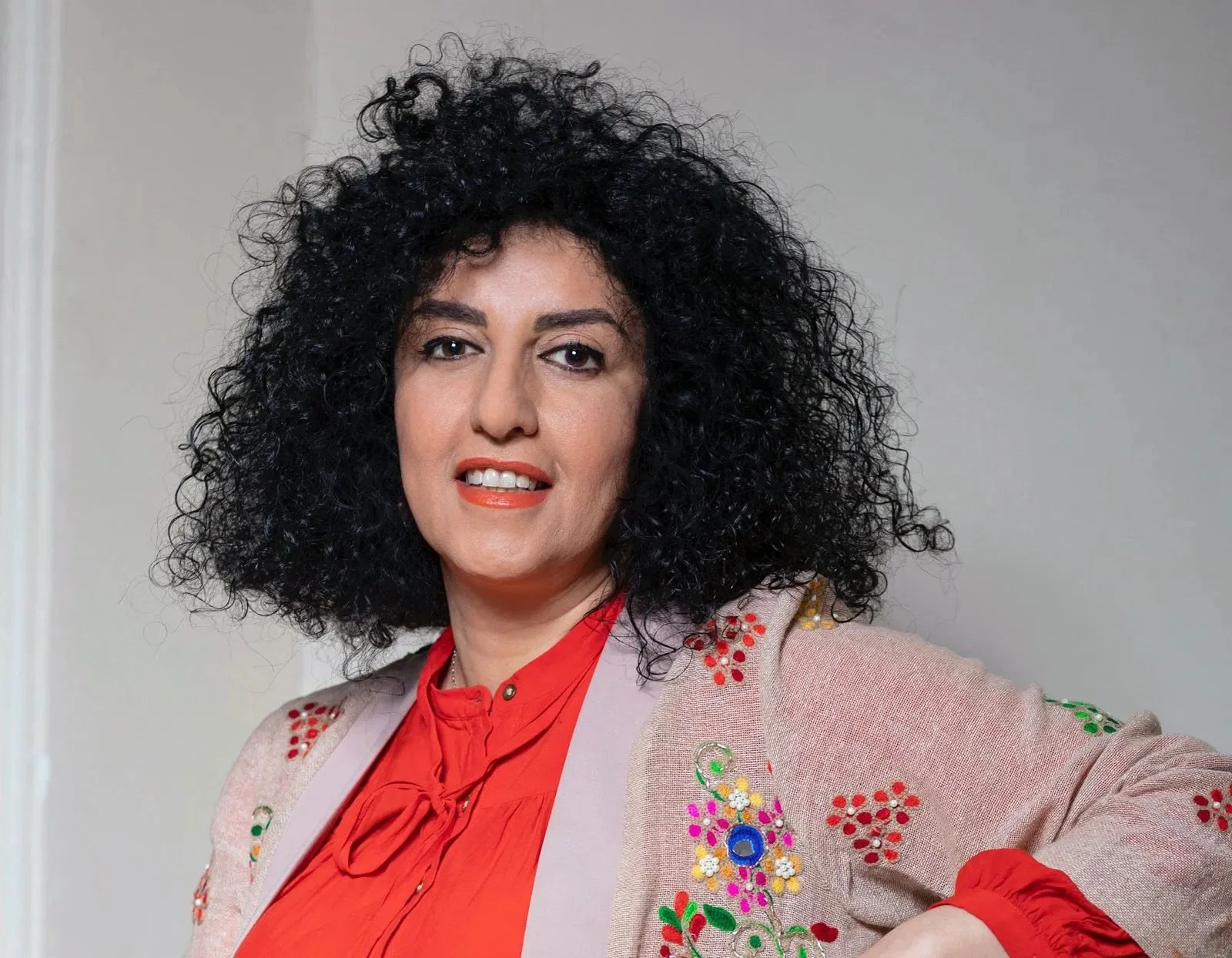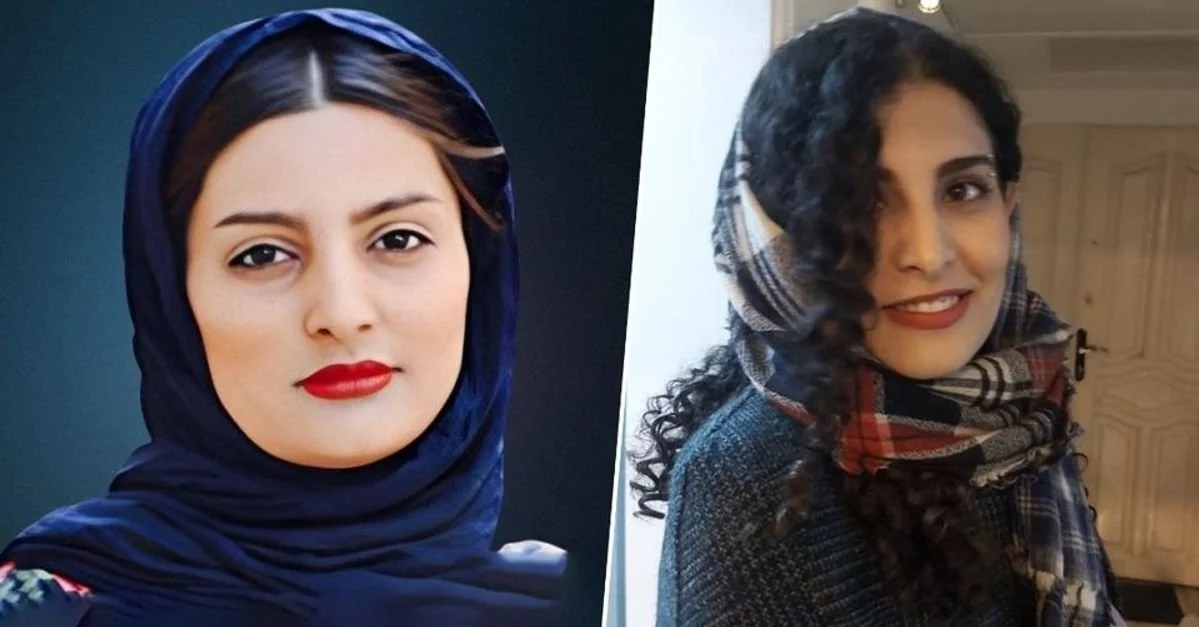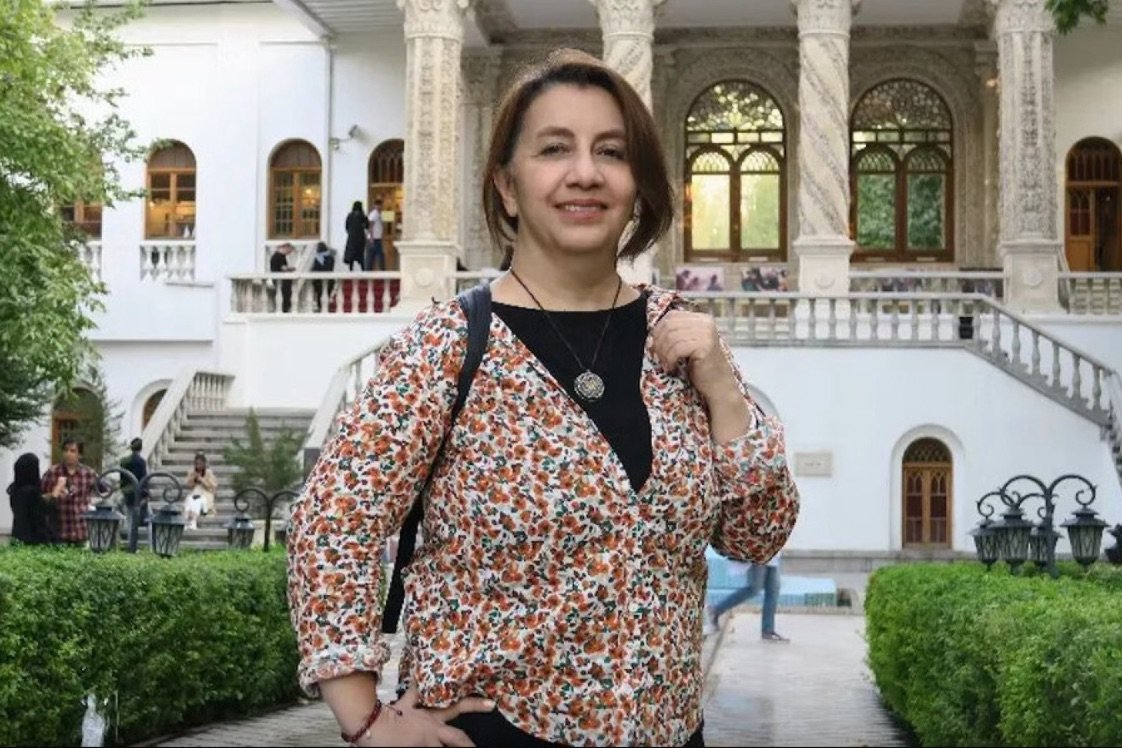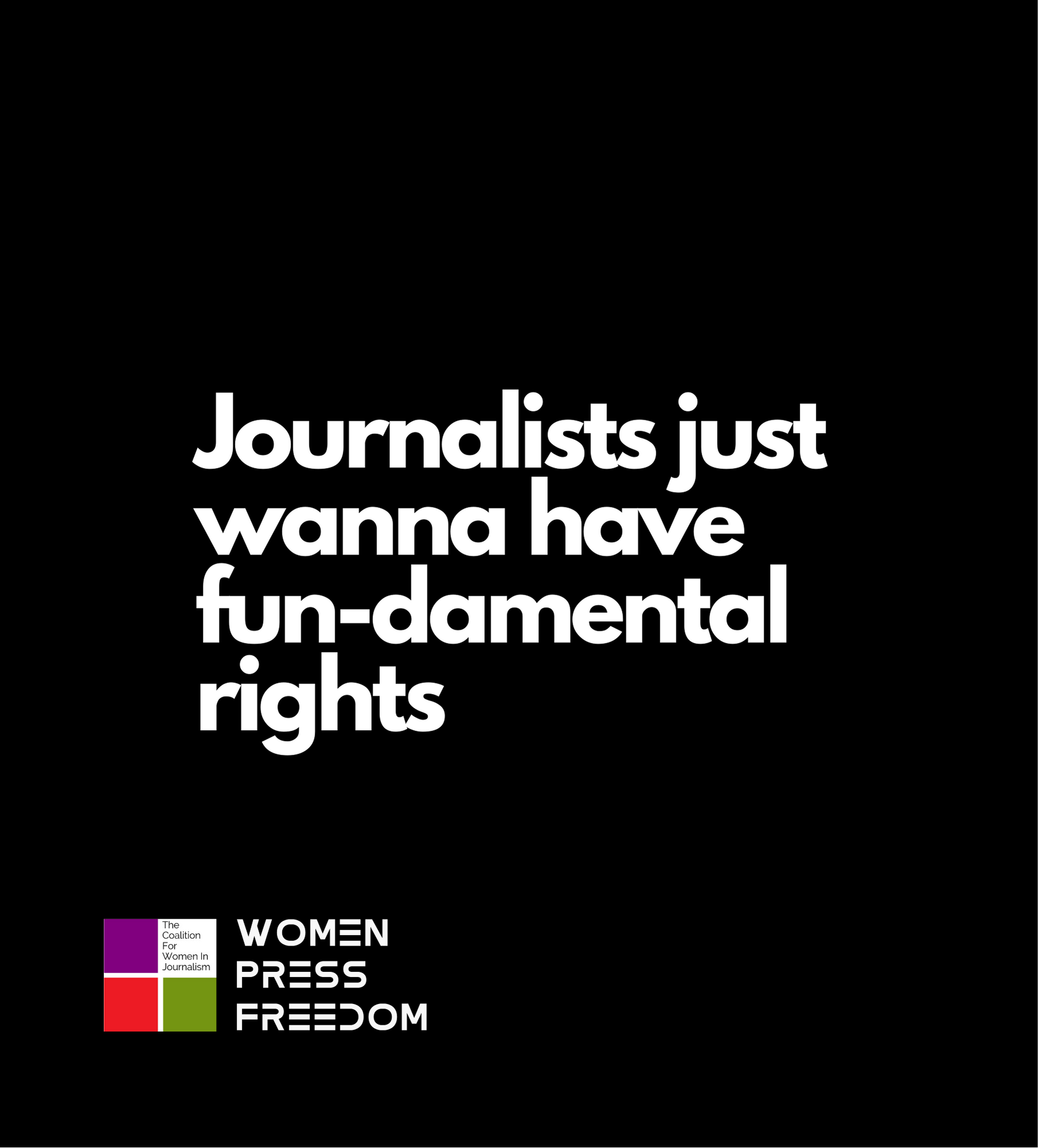Iran: Women Press Freedom Makes Urgent Call For Immediate Release Of Nobel Peace Laureate Narges Mohammadi
Mohammadi faces severe heart condition after receiving a blow to the chest by a guard while she and other inmates were peacefully protesting
Update: August 14, 2024
Location: Iran, TehranDate: August 9, 2024Women Press Freedom expresses deep and urgent concern for the medical safety and well-being of Nobel Peace Laureate Narges Mohammadi, who is unjustly imprisoned in Iran. Mohammadi is now dealing with serious heart issues following a strike to her chest by a guard during her and other inmates' peaceful demonstration against the execution of 30 political prisoners. Mohammadi has been denied medical care by prison authorities in the country. Her family states that her life is at risk. Mohammadi, a journalist and human rights advocate, has endured relentless persecution for her tireless efforts in defending human rights, advocating for women's rights, and opposing the injustices committed by the Iranian regime. Women Press Freedom stands in solidarity with Narges Mohammadi and all women journalists and activists who confront overwhelming oppression and are silenced behind bars, unable to communicate with the world. We demand that Iranian authorities release Mohammadi and all other women incarcerated for exercising their rights to freedom of expression, association, and peaceful assembly. Additionally, we urge the United Nations and other international bodies to hold the Iranian government accountable for its gross human rights violations and ensure that those responsible for these abuses are brought to justice.
-
Recommendations
1. Immediate and Unconditional Release
CFWIJ's Women Press Freedom urges the Iranian government to immediately and unconditionally release Narges Mohammadi and all women journalists and activists imprisoned solely for exercising their rights to freedom of expression, association, and peaceful assembly. These women are prisoners of conscience, detained in violation of their basic human rights. Women Press Freedom condemns their unfair arrest and requests Iranian authorities to uphold their responsibility to ensure safety and freedom for all its citizens, including women journalists and activities.
2. End Torture and Ill-Treatment
The Iranian government must cease all forms of torture and ill-treatment against detained women journalists and activists. As Women Press Freedom has reported, several women journalists are subjected to psychological and physical violence, including beatings, prolonged solitary confinement, and threats against their families. Such treatment is inhumane and violates international law. We demand Iran to immediately end all forms of violence and undignified treatment of women journalists and activists behind bars, and in society.
3. Provide Immediate and Adequate Medical CareIranian authorities must ensure that all imprisoned women journalists and activists receive immediate and adequate medical care. Many, including Narges Mohammadi, suffer from serious health conditions which have been further exacerbated by prolonged detention. Denial of medical care is a form of torture and puts these women at significant risk of long-term harm or death.
4. End the Use of Solitary ConfinementThe Iranian government should immediately end the use of prolonged solitary confinement, a practice frequently used against women journalists and activists to break their spirit. Solitary confinement is a form of psychological torture and has devastating effects on mental health, leading to severe depression, anxiety, and even suicidal thoughts.
5. Conduct Independent Investigations into Allegations of AbuseWomen Press Freedom demands that Iran to conduct thorough, independent, and impartial investigations into all allegations of torture, ill-treatment, and abuse against women journalists and activists in prison. Those responsible for these violations must be held accountable through fair and transparent legal processes.
6. Repeal Laws that Criminalize Freedom of ExpressionThe Iranian government should repeal or significantly amend all laws that criminalize the peaceful exercise of freedom of expression, assembly, and association. These laws are often used to target and imprison women journalists and activists, stifling dissent and press freedom in the country.
7. End Gender-Based Violence and Discrimination in DetentionIran must take immediate steps to eliminate gender-based violence and discrimination against women journalists and activists in detention. Female prisoners face gender-specific forms of violence, including sexual harassment and assault, and are often denied access to gender-sensitive healthcare. These discriminatory practices must be eradicated.
8. Allow International Monitoring and AccessWomen Press Freedom urges Iran to allow international human rights organizations and UN special rapporteurs unrestricted access to its prisons to monitor the conditions and treatment of detainees, particularly women journalists and activists. Transparency is crucial to ensure that Iran complies with its international human rights obligations.
During a peaceful protest against the Iranian regime's unjust executions of political prisoners on August 9, 2024, Nobel Laureate Narges Mohammadi was assaulted by an Evin Prison guard. The guard punched Mohammadi in the chest, resulting in bruises, acute chest pain, and a respiratory attack. Mohammadi was denied access to medical treatment at a suitable hospital.
On August 14, 2024, Mohammadi’s lawyer reported severe issues regarding the journalist’s treatment and communication while imprisoned. Despite her urgent need for medical care due to her heart condition and visible bruises from alleged physical violence, Mohammadi has not been transferred to a hospital, nor has she been able to meet with her lawyers or receive a forensic examination. Her phone privileges have been entirely revoked since November 29, 2023, further isolating her from family and legal representation. Her lawyer has requested an expedited hospital transfer and called for a thorough investigation into the conditions and treatment of Mohammadi.
Mohammadi, a journalist and human rights advocate, has faced unyielding persecution due to her unwavering dedication to defending human rights, championing women's rights, and speaking out against the injustices of the Iranian regime. She is currently serving multiple sentences amounting to more than 13 years of imprisonment. In January 2024, her imprisonment was prolonged by an additional 15 months on fresh charges of "spreading propaganda against the state.”
Mohammadi's recent recognition with the Nobel Peace Prize underscores the profound impact of her work on the global stage, one that Iran should be proud of, instead she is still behind bars under perilous conditions.
Imprisoned under inhumane conditions, Mohammadi is among 8 women journalists detainees subjected to psychological torture, denied basic medical care, and isolated from their families and legal representation. This is symbolic of the Iranian government’s continued suppression of dissent. The imprisonment of women like Mohammadi is not only a blatant violation of their fundamental human rights but also an affront to the principles of freedom and justice that underpin international law.
In that “Iran is breaking the global code for human dignity,” says Women Press Freedom founding director Kiran Nazish.
“We call upon the international community, human rights organizations, and democratic governments to take immediate and decisive action to secure the release of Narges Mohammadi and all women unjustly imprisoned in Iran. The silence and inaction of the global community embolden authoritarian regimes and perpetuate cycles of repression and violence against women who dare to speak out.”
Women Press Freedom stands in solidarity with Narges Mohammadi and all women journalists and activists who face overwhelming oppression, and have been unjustly imprisoned, rendering them unable to communicate with the world. We demand that the Iranian authorities immediately release Narges Mohammadi and all other women imprisoned for exercising their rights to freedom of expression, association, and peaceful assembly. We also urge the United Nations and other international bodies to hold the Iranian government accountable for its gross violations of human rights and to ensure that those responsible for these abuses are brought to justice.
The safety of Narges Mohammadi and the women imprisoned alongside her is not just a matter of individual concern; it is a matter of global urgency. What women journalists, alongside activists, and civilians behind bars in Iran are facing is persecution. Their experience represents the broader struggle for women's rights, press freedom, and human dignity in Iran and beyond. We urge the international community to act now to send a clear message to Iran that the world will not stand by while women are silenced, imprisoned, and tortured for their courage to seek justice.
In this critical moment, Women Press Freedom reaffirms its commitment to amplifying the voices of those who are silenced and to holding governments accountable for their actions. We will continue to advocate tirelessly for the release of Narges Mohammadi and all women unjustly detained in Iran. We call on our allies and supporters to join us in this vital effort.
Women Press Freedom is an initiative by The Coalition For Women In Journalism
The Coalition For Women In Journalism is a global organization of support for women journalists. The CFWIJ pioneered mentorship for mid-career women journalists across several countries around the world and is the first organization to focus on the status of free press for women journalists. We thoroughly document cases of any form of abuse against women in any part of the globe. Our system of individuals and organizations brings together the experience and mentorship necessary to help female career journalists navigate the industry. Our goal is to help develop a strong mechanism where women journalists can work safely and thrive.
If you have been harassed or abused in any way, and please report the incident by using the following form.





